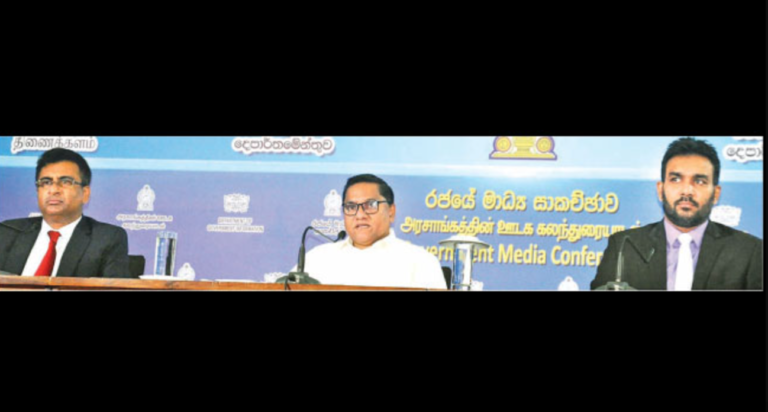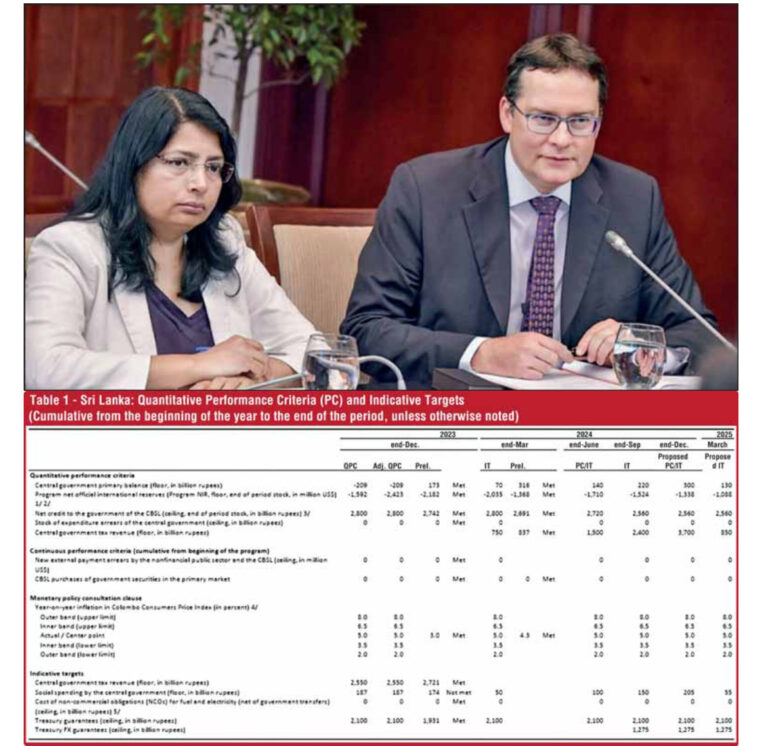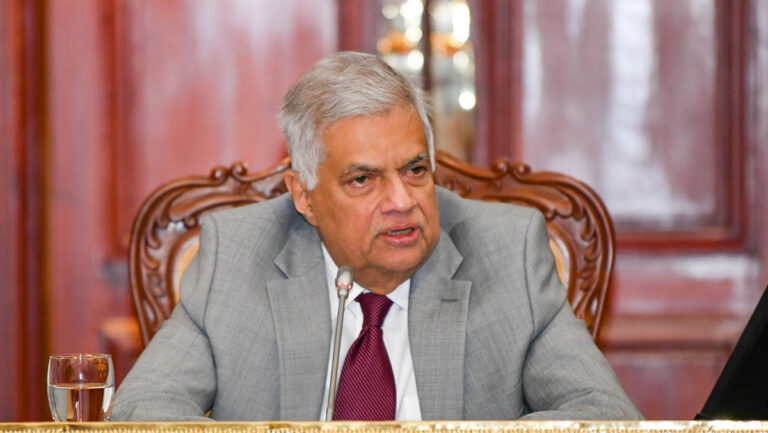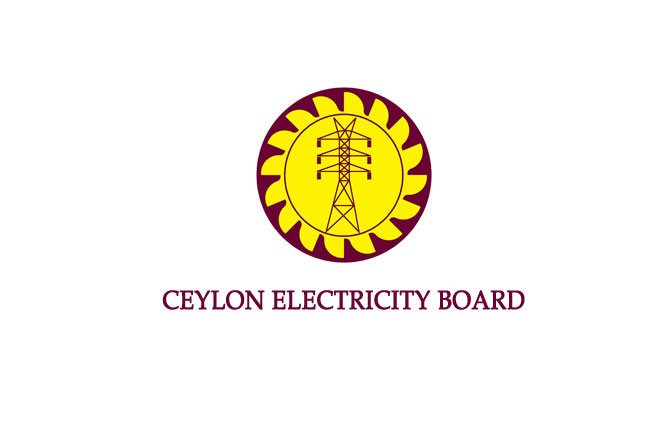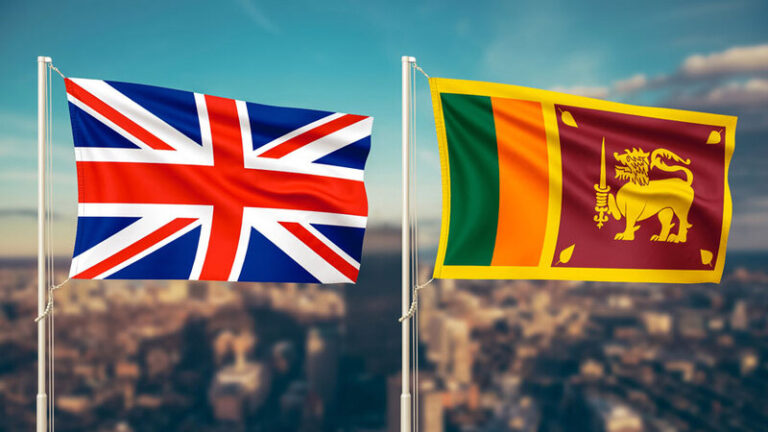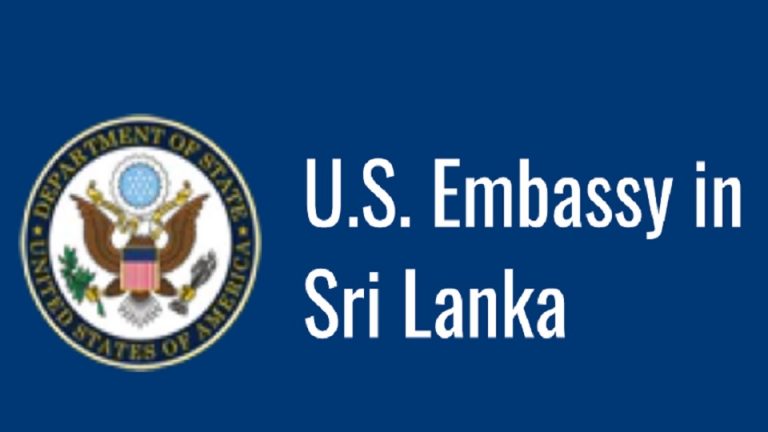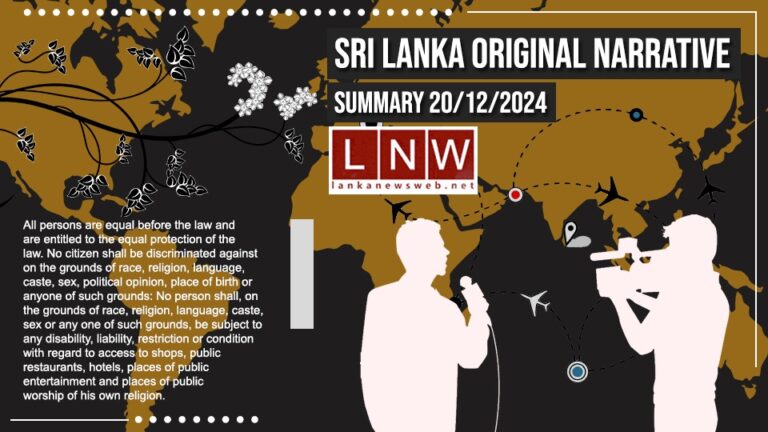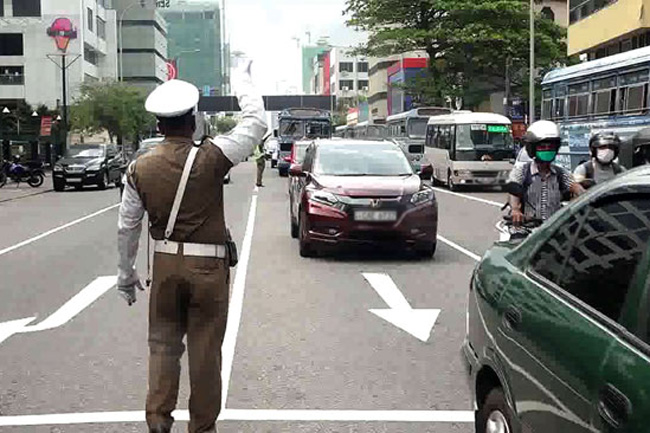The Sri Lankan Government has confirmed that no discussions or agreements were made regarding the proposed Economic and Technological Cooperation Agreement (ETCA) with India during President Anura Kumara Dissanayake’s recent state visit. Foreign Affairs, Foreign Employment, and Tourism Minister Vijitha Herath made this clarification at a special media briefing held yesterday (20) at the Department of Government Information.
Minister Herath emphasized that the state visit was a significant success, further solidifying bilateral relations between the two countries. Key outcomes of the visit include strengthened cooperation in economic, cultural, digital, technological, environmental, and other sectors.
Key Agreements and Initiatives
Two Memorandums of Understanding (MOUs) were signed:
- Public Service Training: A two-week training program in India for 1,500 Sri Lankan state officials over the next five years.
- Double Taxation Removal: A measure to eliminate double taxation for Sri Lankan businesses in India and vice versa, fostering economic benefits for the business communities of both nations.
Discussions on Fisheries Issues
The ongoing issues between Sri Lankan fishermen and South Indian fishing communities were also addressed. President Dissanayake highlighted concerns over bottom trawling by South Indian fishermen in Sri Lankan waters and arrests for trespassing. Both governments agreed to expedite discussions to find a permanent solution.
Infrastructure and Economic Development Projects
India pledged support for various development projects, including:
- Housing Projects: Continuation of Indian-funded housing initiatives in Sri Lanka.
- Mahawa–Omanthai Railway Line Renovation: Conversion of the Indian loan into a grant to complete the railway renovation, including a traffic signal system and operationalization of two trains between Anuradhapura and Jaffna.
- Karainagar Boat Complex: Grant funding for the construction of a boat complex to benefit the fishing industry in the North and nationwide.
Energy Cooperation
Sri Lanka and India reaffirmed their commitment to several energy projects:
- Sampur Solar Power Project: Continued collaboration under an existing agreement.
- Renewable Energy Initiatives: Discussions on joint LNG and wind power projects, with plans to export excess electricity through India under BIMSTEC cooperation.
- Multi-Product Oil Pipeline: A proposed joint venture involving Sri Lanka, India, and the UAE to construct a pipeline to supply affordable energy.
Maritime and Security Assurances
President Dissanayake proposed initiating talks to finalize Sri Lanka’s Exclusive Economic Zone (EEZ) demarcation, a proposal India agreed to discuss. The President also assured India that Sri Lankan territory, including land and sea, would not be used by any foreign power to threaten regional security.
Commitment to Responsible Agreements
Minister Herath stressed that the Sri Lankan government remains committed to agreements that prioritize the country’s well-being. “The government under President Anura Kumara Dissanayake will not agree to anything that is detrimental to the country in any way,” he affirmed.
This state visit marked a pivotal step in fostering stronger ties between India and Sri Lanka, with mutual agreements and discussions aimed at long-term benefits for both nations.

